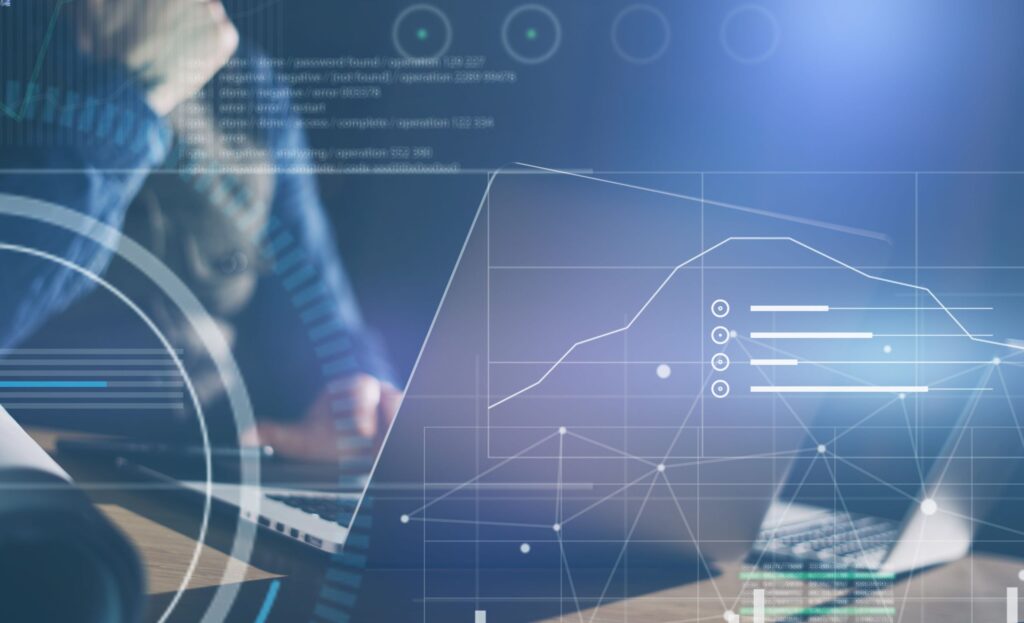The Impact of AI on the Food Industry: A Revolution in Automation
The food industry, with its rich history, is facing ongoing challenges such as labor shortages, supply chain disruptions, and food waste. To address these challenges, the industry is turning to technology, specifically Artificial Intelligence (AI), to streamline operations and improve customer experiences.
AI is revolutionizing the food industry by integrating automation into various aspects of the business. From smart kitchens to predictive analytics for food delivery, AI is transforming the way food businesses operate. This article explores how AI is reshaping the food industry through automation.
The Role of AI in Revolutionizing the Food Industry
AI is no longer just a concept in the food industry; it is a powerful tool that is driving automation across the supply chain, production processes, and customer service delivery. The development of AI applications is at the forefront of this transformation, offering significant benefits to companies in terms of efficiency and cost savings.
Let’s dive into how AI application development is enhancing different aspects of the food industry and automating key processes.
-
Smart Kitchens and Food Preparation
Modern kitchens require efficiency and consistency, which AI-based robotic chefs and automation tools provide. These tools can perform tasks such as chopping, stirring, grilling, and plating dishes with unparalleled accuracy. AI algorithms enable these tools to replicate human culinary actions.
AI also improves kitchen workflow by predicting ingredient inventory levels, suggesting recipes based on available stock, and adjusting cooking processes based on external factors like temperature changes. By analyzing past data, AI systems can identify inefficiencies in kitchen operations, make recommendations for improvement, and optimize resource utilization.
-
Food Delivery and Logistics Optimization
AI is transforming food delivery operations by leveraging real-time data on traffic, weather conditions, and delivery performance to predict accurate delivery times and optimize delivery routes. AI-powered apps also help businesses manage their supply chains more efficiently by analyzing data and forecasting demand.
Smart logistics platforms driven by AI assist restaurants in maintaining optimal stock levels, reducing waste, and ensuring timely deliveries. By predicting demand and optimizing resources, AI enhances operational efficiency and customer satisfaction.
-
Customer Service Automation
AI-powered chatbots and virtual assistants are automating customer interactions in the food industry, resulting in faster response times and personalized experiences. These chatbots can take orders, answer queries, and offer menu suggestions based on customer preferences.
AI applications gather data on customer behavior and tailor experiences accordingly, building customer loyalty and enhancing overall satisfaction. In-restaurant AI systems streamline ordering processes, recognize customer preferences, and facilitate payments, improving efficiency and customer experience.
-
Inventory Management and Waste Reduction
AI-powered inventory management systems help food businesses optimize stock levels, minimize waste, and increase profits by forecasting demand and tracking expiration dates. By analyzing factors like seasonality and historical data, AI apps ensure businesses have the right inventory at the right time.
Restaurants can use AI to understand customer preferences, manage stock levels, and reduce food waste by accurately predicting ingredient requirements. AI-driven systems optimize inventory management, ensuring efficient operations and customer satisfaction.
-
Personalized Recommendations and Menu Optimization
AI recommendation engines analyze customer preferences and purchasing behavior to tailor menus and offer personalized suggestions. AI-powered food apps create new menu items, optimize menu design, and enhance customer engagement through personalized experiences.
By leveraging AI for menu optimization and personalized recommendations, restaurants can attract more customers and improve satisfaction levels, ultimately driving business growth.
-
Predictive Analytics for Demand Forecasting
AI food apps use historical data and market dynamics to predict demand for specific dishes or ingredients, enabling businesses to optimize production schedules and inventory levels. By tracking seasonal fluctuations and adjusting resources accordingly, AI helps businesses meet customer demand efficiently.
AI-based apps ensure businesses have the right ingredients in stock to cater to customer needs without overstocking, improving operational efficiency and reducing food wastage.
-
Enhancing Food Safety and Quality Control
AI applications monitor food preparation processes to identify potential quality or safety issues, such as contamination or spoilage. By analyzing visual and sensor data, AI provides advance warnings of hazardous food products, reducing the risk of foodborne illnesses and maintaining high standards of hygiene and safety.
Additionally, AI-driven apps help food businesses comply with regulatory requirements, monitor food safety standards, and generate reports to ensure regulatory compliance.
Conclusion
AI is revolutionizing the food industry by automating processes and enhancing efficiency across various business operations. From smart kitchens to personalized customer experiences, AI is reshaping the way food businesses operate, leading to improved quality, safety, and customer satisfaction.
By leveraging AI technologies, food businesses can optimize operations, reduce waste, and meet customer demand more effectively, ultimately driving business growth and success in the digital age.



